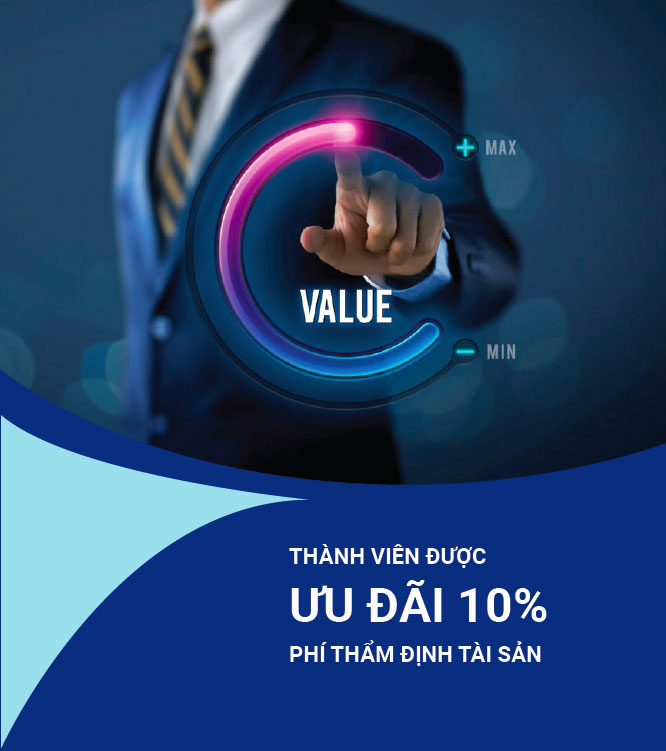INTANGIBLE ASSETS AND HOW TO DETERMINE THE VALUE OF INTANGIBLE ASSETS
Intangible assets have important value to businesses and organizations. Intangible assets are assets that have no physical form but bring economic value to individuals, organizations, or businesses. Managing and protecting intangible assets is important to business and financial strategy. So what are intangible assets? How do we determine the value of intangible assets? Join SunValue to answer through the article below:
What are intangible assets?
Intangible assets are assets that have no physical form and can create economic rights and benefits.
Intangible assets mentioned in valuation standard No. 13 must simultaneously satisfy the following conditions:
- Has no physical form; However, some intangible assets may be contained in or on physical entities, but the value of physical entities is insignificant compared to the value of intangible assets;
- Can be identified and have tangible evidence of the existence of intangible assets (for example contracts, certificates, registration documents, computer floppy disks, customer lists, financial statements main, etc.);
- Ability to generate income for owners;
- The value of intangible assets can be quantified.

Classification of intangible assets
According to valuation standard No. 13, intangible assets are classified into 4 types:
1. Intellectual property and intellectual property rights: Includes rights such as copyright (copyright), industrial property rights (patent, industrial design, trademark, name registration reservation domain, etc.) They can bring economic value to the owner through forms such as selling, transferring, or using to generate income.
2. Rights to bring economic benefits according to the provisions of law in civil contracts: For example: Mineral exploitation rights, business rights, transferable emission rights, and other valuable rights in commerce.
3. Non-contractual relationships that benefit the parties economically: For example, customer lists, databases, commercial information, and relationships with suppliers, business partners, or other parties. Other subjects…
4. Other intangible assets are guaranteed to be specified in the concept of intangible assets.
Purpose of determining the value of intangible assets
1. Buy, sell, transfer, license to use
Determining the value of intangible assets is necessary when there is a need to buy, sell, transfer, or license the use of intangible assets. This is the basis for negotiating prices or making contracts.
Additionally, in the event of a merger or sale of a company, determining the value of intangible assets is important for valuing the entire business, and influencing the strategic and financial decisions of stakeholders.
2. Business management
This valuation helps managers understand the value of the companys cultural assets and can make decisions related to investment, development, marketing, and resource management more effectively.
3. Mortgage of property
In borrowing capital from a bank or other financial institution, physical assets can be used as collateral. Valuation is necessary to determine the level of collateral value and make decisions about granting loans.
4. Capital contribution, profit division, disputes and litigation
Determining asset value is important in contributing capital, dividing profits, and resolving disputes related to intangible assets. Because it is the basis for determining capital contribution ratio, fair profit division, and determining asset value during bankruptcy proceedings.
5. Tax and financial reports
The assets are listed in report types. Therefore, determining the value of assets will help determine total assets, asset depreciation as well as the amount of tax payable.
Methods for Determining the Value of Intangible Assets
1. Comparison Method
Administrators will compare the intangible assets to be valued with similar intangible assets that have been traded on the market. Comparative factors may include ownership rights, usage rights, copyrights, trademark rights, patent rights, and others.
2. Renewable Cost Method
This is a method of evaluating the value of intangible assets by determining the cost to recreate or restart similar intangible assets from scratch. This includes research and development costs, marketing costs, training costs, and other costs associated with creating that cultural asset.
3. Replacement Cost Method
This method determines the value of an intangible asset by considering the cost to replace the intangible asset with a similar asset that has the same function and performance. This includes determining the cost of purchasing or rebuilding that cultural asset.
4. The cash method uses intangible assets
This is a method of evaluating the value of intangible assets based on the expected income stream that that intangible asset can generate in the future. Factors to consider include the expected income stream, the life of the intangible asset, and the level of risk involved.
5. Outstanding Profit Method
Business owners often use this method to determine the value of intangible assets based on their ability to generate superior profits compared to other similar assets. It involves determining the value of intangible assets based on the economic benefits it brings to the owner.
6. Method of increased income
Owners use this method to evaluate the value of intangible assets based on the additional income that intangible assets can generate. This involves calculating the value of an intangible asset based on the increase in income or cost savings it brings to the owner.
With more than 21 years of establishment and development, SunValue is proud to become one of the leading real estate appraisal units in Vietnam, the leading brand in Vietnam 2023, strong brand in Asia 2021, with a system of nearly 50 Branches and Transaction Offices across the country. As a reputable, independent price appraisal unit, a pioneer in applying technology in price appraisal, helping to monitor real estate price fluctuations, and complete price data to support the development of Vietnams real estate market and International.
Contact SunValue now to get your questions answered and get a free quote!
SunValue - A national brand that has actively contributed to the development of the valuation industry in Vietnam.
Related article




